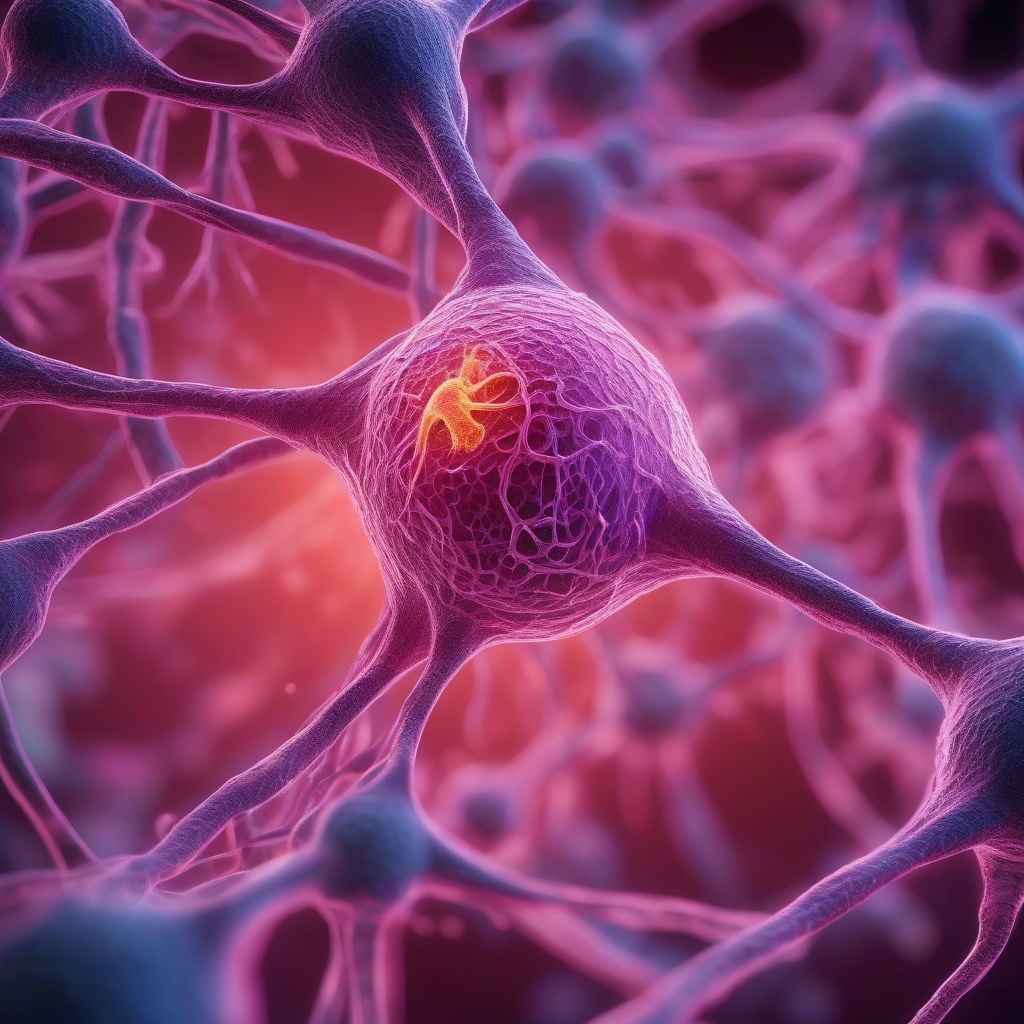Evommune Unveils Promising Phase 2 Data for EVO756 in Treating Chronic Urticaria Conditions
Mast cells are critical regulators of immune response and can be found in most vascularized tissues including skin, lung and the digestive tract. These cells play a vital role in protecting the body against pathogens, but their dysregulation can lead to various allergic and inflammatory disorders. One such condition is chronic urticaria, a common skin disorder characterized by the appearance of itchy hives or wheals that can persist for months or even years.
The Unmet Medical Need
Chronic urticaria affects millions of people worldwide, significantly impacting their quality of life. Current treatments for chronic urticaria often involve antihistamines, corticosteroids, and immunosuppressants, which can have limited efficacy and significant side effects. There is a pressing need for novel therapeutic agents that can effectively manage this condition with minimal adverse effects.
Introducing EVO756
Evommune, a biopharmaceutical company focused on developing innovative treatments for allergic and inflammatory diseases, has recently unveiled promising Phase 2 data for EVO756, an oral MRGPRX2 inhibitor. MRGPRX2 is a receptor expressed on mast cells that has been implicated in the pathogenesis of chronic urticaria. By selectively inhibiting this receptor, EVO756 aims to reduce mast cell activation and subsequent release of histamine and other pro-inflammatory mediators.
Phase 2 Data
The Phase 2 study evaluated the efficacy and safety of EVO756 in patients with chronic inducible urticaria, a subtype of chronic urticaria characterized by the appearance of hives in response to specific triggers such as cold, heat, or pressure. The study demonstrated that EVO756 significantly reduced symptoms of urticaria, including itch severity and wheal count, compared to placebo. Moreover, EVO756 was well-tolerated, with a favorable safety profile.
- Significant reduction in itch severity: EVO756-treated patients experienced a substantial decrease in itch severity, as measured by the 11-point Itch Severity Scale.
- Decrease in wheal count: The number of wheals was significantly reduced in EVO756-treated patients compared to placebo.
- Favorable safety profile: EVO756 was well-tolerated, with no serious adverse events reported during the study.
Implications of the Phase 2 Data
The promising Phase 2 data for EVO756 have significant implications for the treatment of chronic urticaria. If approved, EVO756 could provide a much-needed therapeutic option for patients who are refractory to current treatments or experience significant side effects. Furthermore, the oral route of administration and favorable safety profile of EVO756 make it an attractive treatment candidate for patients with chronic urticaria.
Future Directions
Evommune plans to advance EVO756 into Phase 3 development, with the goal of bringing this innovative treatment to market. The company is committed to improving the lives of patients with allergic and inflammatory diseases, and EVO756 represents a significant step forward in achieving this mission.
Conclusion
The unveiling of Evommune’s promising Phase 2 data for EVO756 in treating chronic urticaria conditions marks an exciting development in the field of allergic and inflammatory diseases. With its novel mechanism of action and favorable safety profile, EVO756 has the potential to address the unmet medical need in chronic urticaria. For more information on Evommune’s Phase 2 data, please visit: https://www.prnewswire.com/news-releases/evommune-presents-full-phase-2-data-for-oral-mrgprx2-inhibitor-evo756-in-chronic-inducible-urticaria-during-late-breaker-at-eadv-2025-congress-302560722.html.



